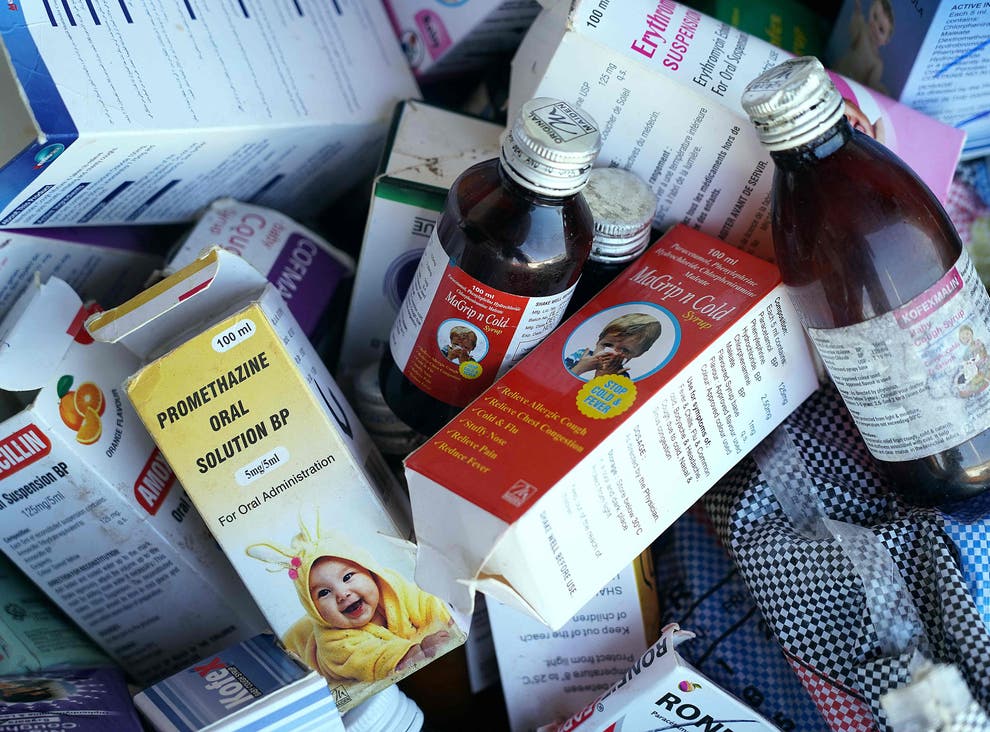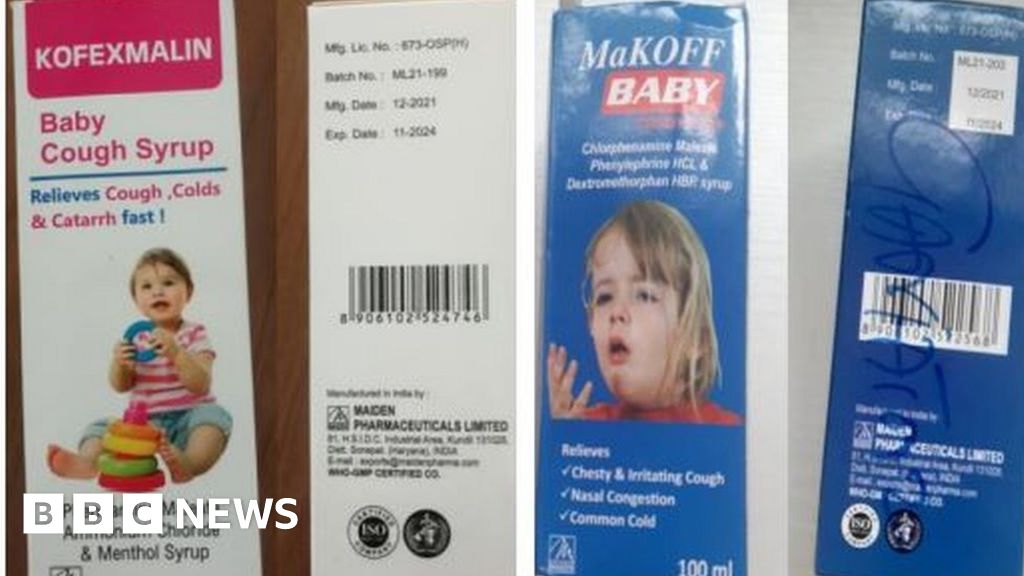Three Countries Tie Child Deaths to India-Based Cough Syrups

The Facts
On Wednesday, Uzbekistan's health ministry announced that at least 18 children have died after taking the India-based pharmaceutical company Marion Biotech's "Doc-1 Max" cough syrup. In response to the claims, the manufacturer has halted production.
A batch of Doc-1 Max, marketed by the company as a cold and flu treatment, was consumed by 21 children suffering from acute respiratory disease, 18 of whom died. The batch, imported into Uzbekistan by Quaramax Medical, was part of a batch containing ethylene glycol, which is considered a toxic substance by the ministry.
The Spin
Pro-establishment narrative
India has earned its place as a world leader in pharmaceuticals, with its $42B industry serving a critical role in the COVID pandemic by producing vaccines and cementing its title as the "pharmacy of the world." The Indian government will continue to expand by focusing on drug production and consistently improving quality control. The country's commitment to healthcare and pharmaceuticals will serve as an engine of growth for the Indian economy, its people, and the global community.
Establishment-critical narrative
While India is the world's largest exporter of generic medications, India-based pharmaceuticals face significant challenges in the world market. The government needs to step up and provide support like academic collaboration and technology transfer. India's drug producers are begging the public sector to help them better compete — especially if these products are being sent to developing nations. It's not fair to blame the nation's pharma industry alone for any shortcomings.

